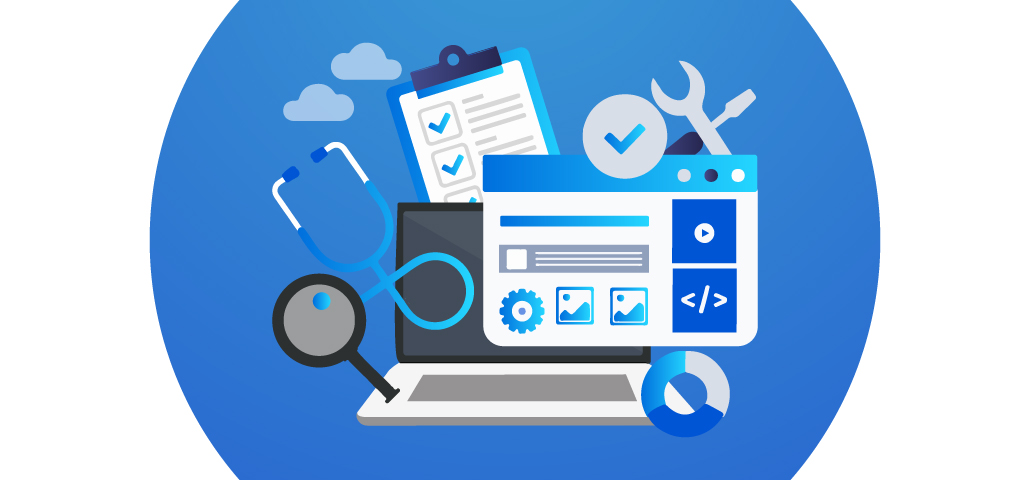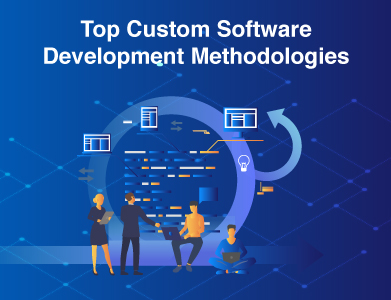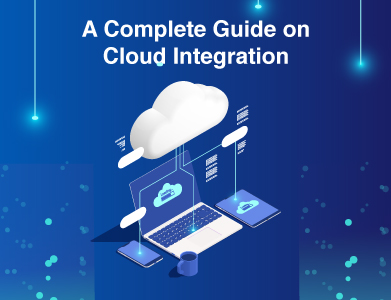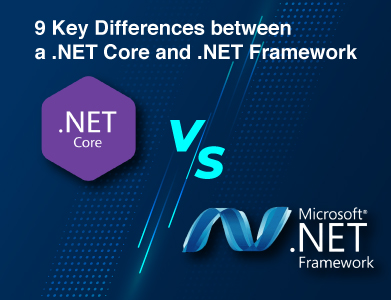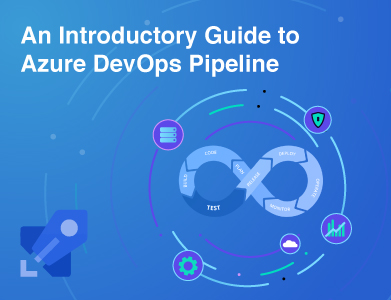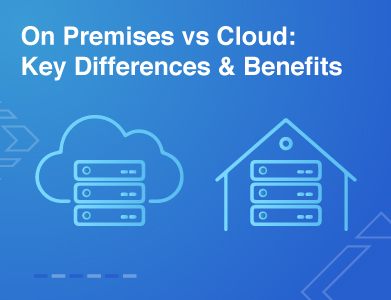Expertise
Picture an absolutely marvelous hospital where doctors and nurses provide timely care, the administrative teams manage records book smoothly, and the patients receive all their treatments quickly, without any delay. This is a must in today's scenario, where medical care is highly dependent on promptness.
Hospital management software (HMS) is an industry leader, furnishing solutions that integrate operational processes and enhance the quality of care and effectiveness with one stroke. These programs help hospitals, clinics, and healthcare startups to modernize by automating administrative matters to guarantee the correct management of medical records.
In this guide, we are going to explore hospital management software development along with its prime features and Benefits of Patient Management Software and the crucial steps to building a strong healthcare software solutions that can modernize the practice of healthcare operations.
What is Hospital Management Software?
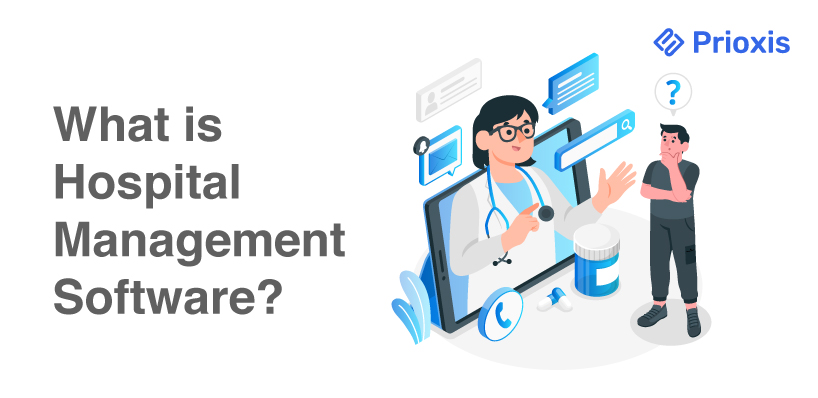
Hospital Management Software (HMS), with a central role in the modern healthcare setting, streamlines the administration, clinical, and financial matrix. It is a single-window solution that leads to the centralization, automation, and optimization of hospital functions in the name of efficiency and smooth patient care.
HMS binds all of the various departments of a medical institution together and collects and consolidates information from these departments in a means that enhances operational efficiency. The application of such HMS software can be either through the network or on the premises and would automate various tasks such as the registration of patients, scheduling appointments, billing, inventory, and human resources coordination.
Types of Hospital Management Software
The important types of Hospital Management System are outlined below, all based on the functions and scope of uses.
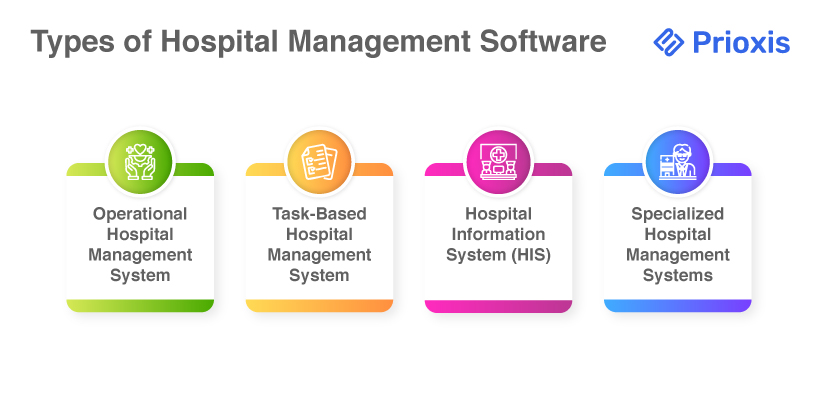
1. Operational Hospital Management System
The Operational Hospital Management System is an important software that automates and optimizes day-to-day hospital functions, making healthcare administration very efficient. It enables hospitals to fast-track appointments, patient records, billing, inventory, and human resources with the greatest ease.
Highlights:
- Patient Registration & Appointment Scheduling- Automates the patient onboarding process to reduce waiting time.
- Billing & Financial Management- Efficient handling of medical billing, insurance processing, and payment tracking.
- Inventory & Supply Chain Management- Ensures the availability of medical supplies and pharmaceuticals at all times.
- Staff Management-Traces staff schedules, attendance, and workload allocation of employees for proper functioning.
Such a Health Care Management System proves invaluable for multi-specialty hospitals, private clinics, and medical institutions looking for a centralized digital platform to conduct their day-to-day operations.
2. Task-Based Hospital Management System
Task-based HMSs are those that have specialized systems for executing specific tasks within a hospital. They work on a specific specialized function to maintain accuracy and efficiency in the area concerned.
Common Applications:
- Pharmacy Management System: Manages inventories of drugs and prescriptions and tracks supply.
- Laboratory Management System- Simplifies the processes of diagnostic testing, result tracking, and reporting.
- Radiology Information System (RIS)-Imaging records are managed, and interfacing with Picture Archiving and Communication Systems is performed.
- Nursing Management - nurses use it to track the patient's status, medication schedules, and care plans.
These systems are used in hospitals either as standalone modules or integrated into larger hospital management software platforms to improve particular operational sectors.
3. Hospital Information System (HIS)
The Hospital Information System (HIS) is a comprehensive enterprise-wide installation meant to connect all hospital departments.
Core Functionalities:
- Electronic Health Records (EHR) - A digital repository for a patient's medical history, diagnosis, prescriptions, and test results.
- Interdepartmental Communication - Seamless sharing of data among different departments of the hospital.
- Clinical Decision Support Systems (CDSS) - Aid professionals in making decisions based on a patient's medical history and analytics.
- Revenue Cycle Management - Automating billing, claims processing, and financial analytics.
4. Specialized Hospital Management Systems
Specialized hospital management systems are concerned with specific aspects of hospital management, like those related to medical records, patient history, and specialized healthcare data.
Examples of Subject-Bound Systems:
- Electronic Medical Records (EMR) Systems – These electronically record and retrieve patient health data to ensure that they can easily be accessed and are secure.
- Telemedicine & Remote Patient Monitoring – These enable patients to have online consultations, track data from wearable devices, and avail virtual healthcare services.
- Medical Imaging & PACS System – This refers to the imaging modalities in radiology like X-ray, MRI, and CT scans, storage, and handling of the imaging.
- AI-Powered Predictive Analytics – It is also used in the prediction of diseases, early diagnosis, and treatment optimization.
Benefits of a Hospital Management System
- Enhanced Patient Care
Doctors can make better decisions, offer personalized treatments, and improve patient outcomes through instant access to electronic health records (EHR).
- Improved Operation Efficiency
It offers automated processes for appointments, billing, inventory, and workflows, decreasing paperwork and granting healthcare personnel time.
- Increased Revenue Generation
By improving billing accuracy, speeding up claims processing, and minimizing revenue leakage, it allows for better financial management.
- Cost Savings
Cutting down on administrative costs, employee work, and waste of resources leads to the optimization of hospital operations.
- Enhanced Data Security & Compliance
Ensures data encryption, access control, and regulatory compliance (HIPAA, GDPR) through protecting patient information.
- Better Decision-Making
Provides real-time analytics for the appraisal of hospital performance, treatment strategy, and resource optimization.
- Improved Patient Experience
Decreasing wait times, fast-tracking registration, and app-based appointments ensure a smoother journey for the patient.
Key Features of Hospital Management Software
Hospital Management Software (HMS) must surely be equipped with a truckload of features. Some of the most important features that make an HMS a must-have in healthcare facilities are mentioned below:
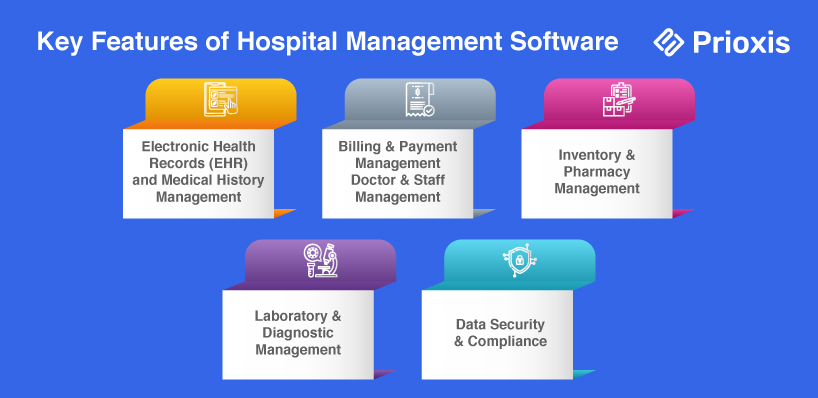
1. Patient Registration & Appointment Scheduling
- Simplifies the patient onboarding process by storing personal and medical records.
- Online and offline appointment booking with real-time availability updates.
- Reduction of waiting time by optimizing doctor schedules and appointment slots.
2. Electronic Health Records (EHR) and Medical History Management
- Allows storing and management of patient medical records, prescriptions, lab results, and treatment history.
- Facilitates quick access to medical data by doctors and nurses, thus improving the accuracy of diagnoses.
- Supports the interoperability of data with other healthcare systems for seamless sharing.
3. Billing & Payment Management
- Automation of invoice generation, medical billing, and insurance claim processing.
- A rich variety of payment gateways for easy payment by patients.
- Minimization of financial discrepancies through tracking of pending payments and expenses.
4. Inventory & Pharmacy Management
- Keeps track of the availability of medicine, surgical tools, and medical equipment.
- Sends alerts on low stock levels and expiration dates to avoid shortages.
- Automated pharmacy operations, ensuring appropriate dispensing of medicines with sales records.
5. Doctor & Staff Management
- Manages effectively doctor schedules, duty rosters, and patient consultations.
- Keeps track of attendance, payroll, and staff workload for better HR management.
- Facilitates internal communication within hospital departments.
6. Laboratory & Diagnostic Management
- Provides an integration with lab equipment to store and manage test results digitally.
- Gives doctors and patients instant access to reports for faster diagnosis.
- Provides seamless coordination among departments for an efficient operation of the lab.
7. Data Security & Compliance
- It protects data in compliance with HIPAA, GDPR, and other healthcare regulations.
- Adopts data encryption, access control, and audit logs to prevent unauthorized access.
- It serves to enhance patient confidentiality and secure a trustworthy healthcare system.
How to Develop Hospital Management Software?
If you want to develop Hospital Management Software (HMS), it requires a lot of planning, the right technology, and a systematized development process, and here are the primary steps involved in building a robust and efficient HMS system.
1. Conduct Market Research
Before development starts, it is very important to analyze the whole healthcare industry and identify gaps in the existing management solutions of hospitals. Researching user needs, industry trends, and regulatory requirements helps to ensure that the software fits well into modern health demands. It gives insight regarding what features work best and how a competitor can improve on them after studying the competition.
2. Requirements & Functionalities Understanding
Input from healthcare professionals, hospital administrators, and patients can help define what future features would have to be included in the software. General functions include keeping records of patients, appointment schedules, billing, and inventory tracking. Regulations on the provision of health care should be observed, such as HIPAA and GDPR, in terms of ensuring data security and also controlled for legal compliance.
3. Create Scalable Architecture Design
The software is highly scalable as it can be expanded further and further into future needs with well-planned architecture. Thus, the system design becomes modular, which makes it flexible for upgrades or the addition of new capabilities of emerging technologies. Based on the needs of the hospital, it can be installed in either location (i.e., cloud or on-premise). High availability and redundancy thus become some of the important aspects of the software that must avoid any kind of downtime or possibility of data loss.
4. Choosing the Right Technology Stack
For one thing, selecting the technology stack properly facilitates good system performance and scalability. Besides, React or Angular would be helpful for the front-end development to create a user-facing interface. Node.js, Python (Django), or Java (Spring Boot) will serve as the backend frameworks in developing a secured and highly efficient handler for data. And use databases such as PostgreSQL, MySQL, or MongoDB to manage hospital records effectively.
5. Construct a Minimum Viable Product
Create MVP (Minimum Viable Product)- to introduce a simple version such as patient registration, appointment schedule, and danger and improvement management. So that early product users provide their feedback when they think of further improvement in the system.
6. Testing and Quality Assurance
Software must be exhaustively tested and subjected to quality assurance tests, verification, and validation to ensure that it works well. Functional tests, security tests, and performance tests detect all possible bugs, increase reliability, and improve security. The user acceptance tests (UAT) will then validate the usability of the hospital staff and patients so that they do not encounter any issues in interacting with the system.
How Much Does It Cost To Develop A Hospital Management System?
Prices for the building of Hospital Management Software (HMS) vary from one project to another, based on different factors, such as complexity of the system, features, location of the development team, and the type of contract signed.
1. Key Cost Factors
- Development Team Location: Depending on the region, rates vary. The cheapest is in Asia, while the most expensive is in Western Europe.
- System Complexity: A basic HMS will, therefore, cost less, while expenses go up when advanced features come in, such as AI-driven analysis or IoT integration.
- Contract Type: In-house, outsource to a company building the system, or hire freelancers, each with different contract prices that affect the overall pricing.
2. Development Costs Estimated by Region
Region Development Cost per Hour
| Region | Cost |
|---|---|
| Asia | $20-30/hr |
| Eastern Europe | $30-80/hr |
| Western Europe | $50-100/hr |
| South America | $30-70/hr |
3. Project Cost Estimate
| Software System | Cost |
|---|---|
| Basic MVP (Minimum Viable Product) | $150,000-300,000 |
| Full-Scale HMS with Admin Dashboard | $200,000-500,000 |
| Advanced Hospital Management System | $500,000 or more |
For example, if the Eastern European company charges $50 per hour, this translates to hourly billing of the entire moderate HMS development at about $500K to include research, UI/UX design, development, and testing. If they opt for an MVP first, that may further reduce their expenditures to about $300K.
The final price will depend on what is needed, while the specifications and the technologies being used vary; this makes the planning and stratifying of the development much more essential.
Conclusion
The trend of hospital management software or HMS being the game-changer in the healthcare field is streamlining operations, providing better patient care, and ensuring data security. HMS does this by decluttering paperwork and integrating all key hospital processes for operational efficiency and accuracy.
If you are looking to develop a hospital management system, our team can assist you. Contact Prioxis to develop a secure, scalable, and efficient HMS tailored to your needs!
